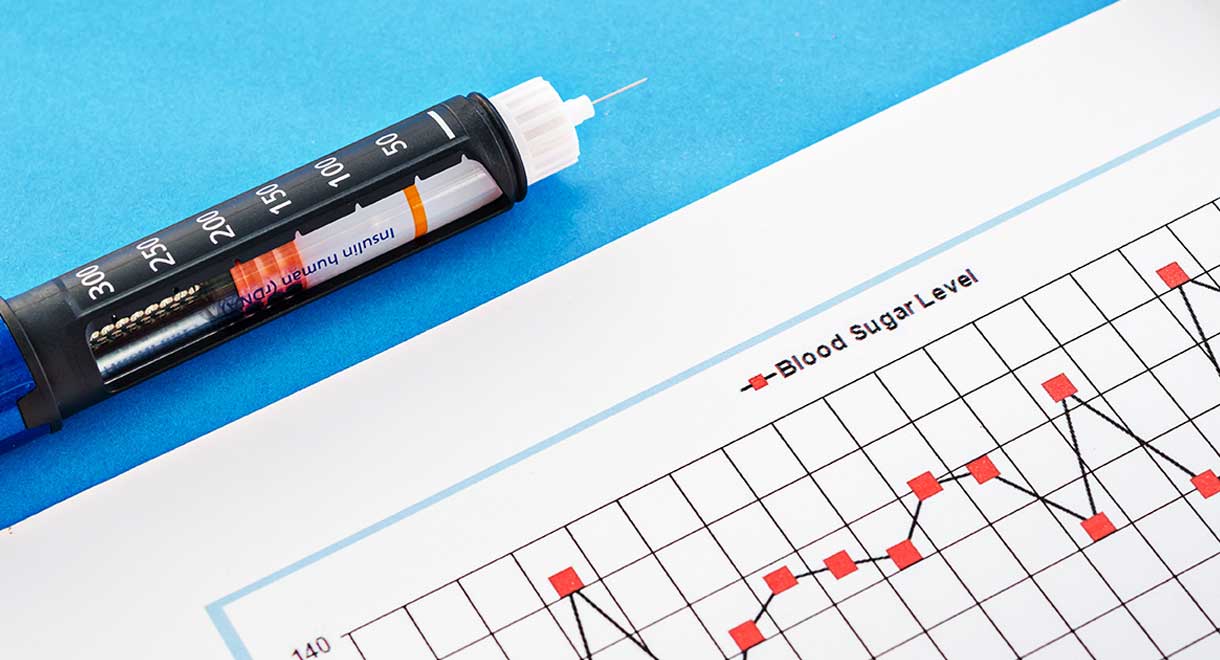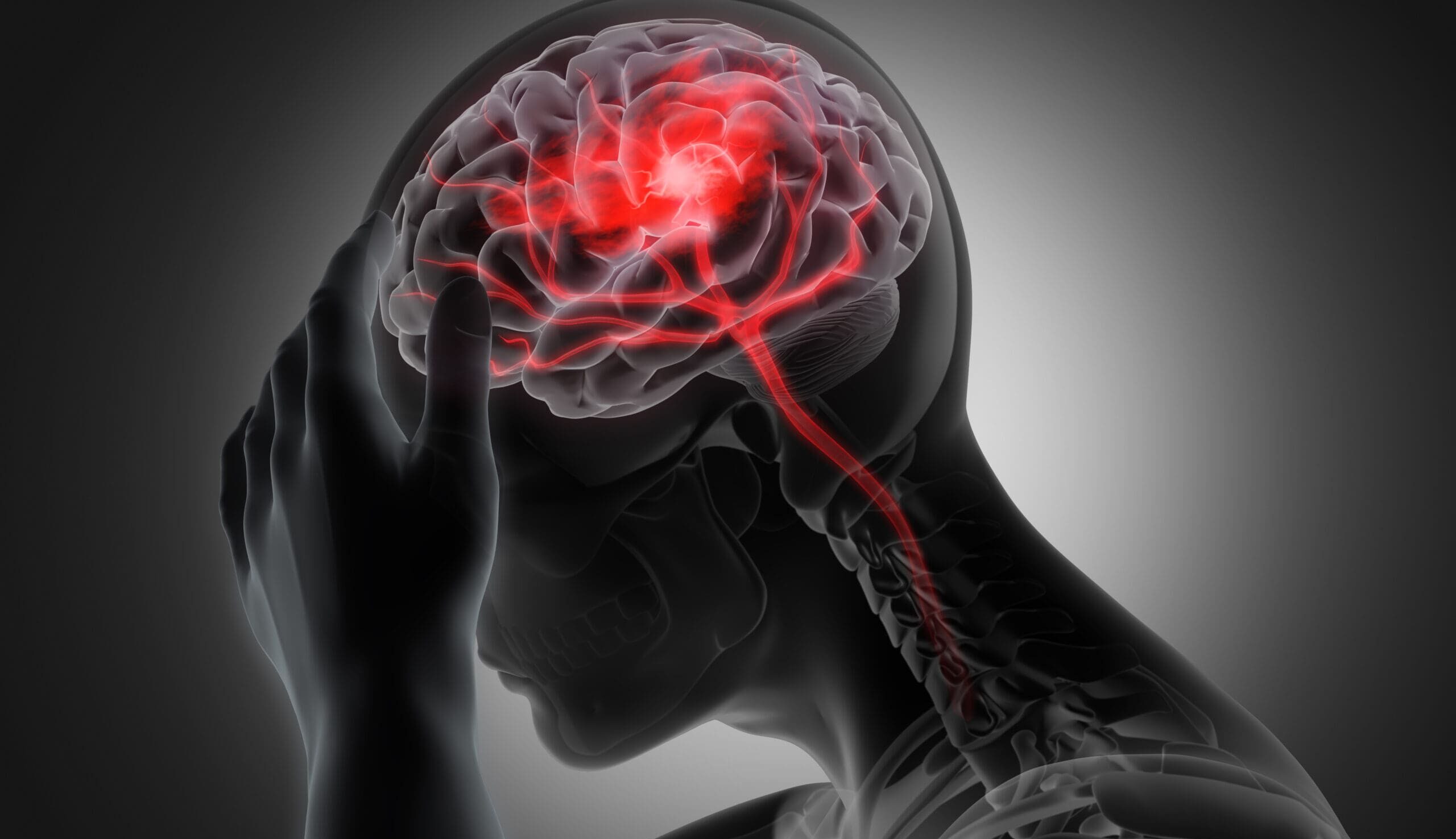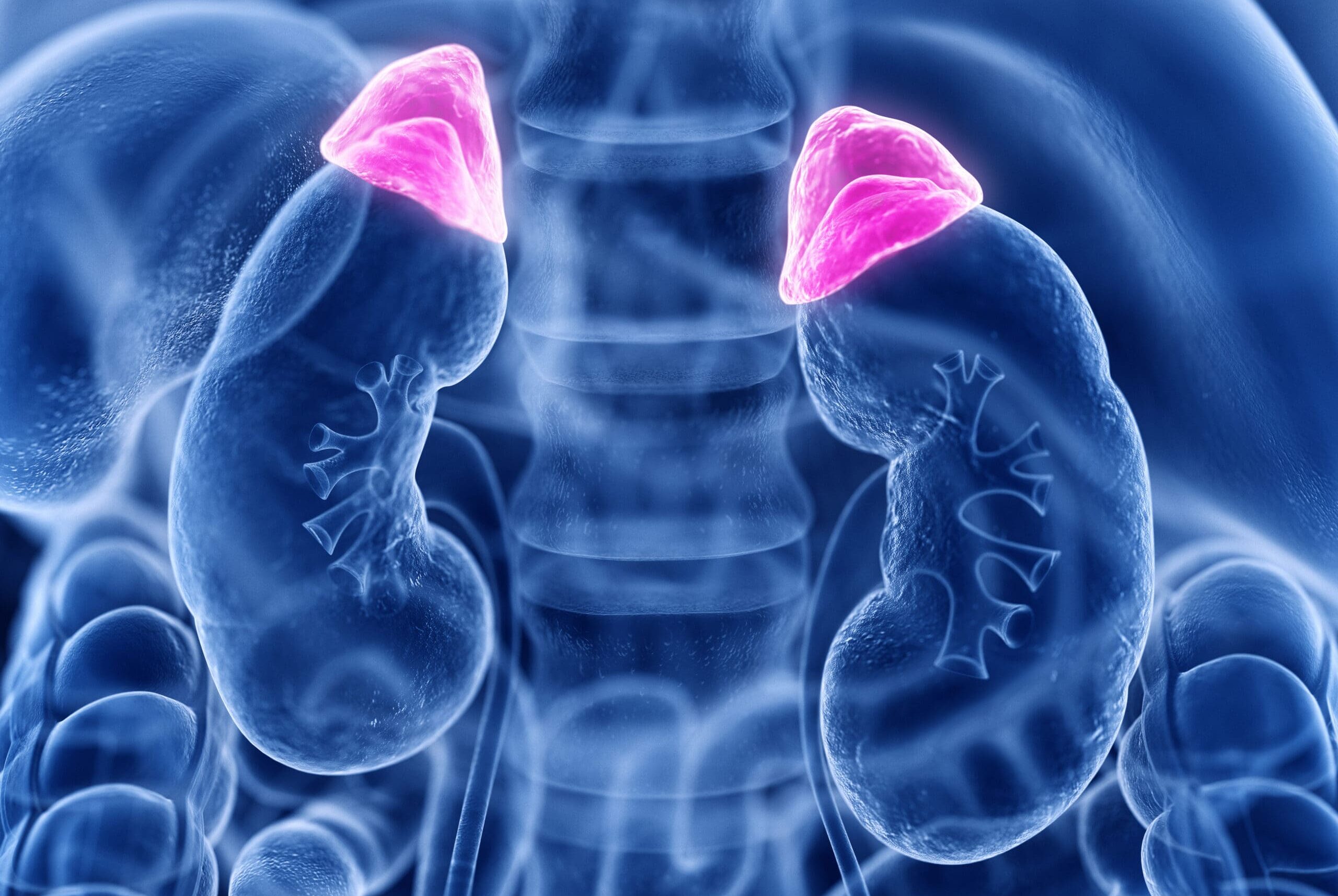Why is my brain so foggy?
By naturopath Margaret Jasinska
Do you often feel that you can’t think as clearly or quickly as you’d like? Are you easily distracted? Do you find it difficult to stay focused on a mental task? Do you find it hard to muster up motivation? These are all common experiences and are colloquially referred to as having a foggy head.
It’s natural to feel mentally tired if you’ve been working long hours or haven’t had enough sleep, but it’s not normal to feel this way most of the time. Having a foggy head is an extremely common problem and at least half of my patients list it as a problem on their consultation questionnaire when they book an appointment. The health of your brain is extremely important. Anything that impairs the health and function of your brain can have a negative effect on all aspects of your life. People who suffer with a foggy head are more likely to experience stress and difficulties in their job or studies, and they are more likely to experience mood disorders such as depression and anxiety. They may also be at increased risk of dementia when they are older.
You need to know what’s causing your foggy head if you wish to improve it. You may find some of the causes rather surprising.
The most common causes of foggy head


Bowel toxicity and leaky gut syndrome
If you have a toxic bowel, you will inevitably flood your brain with toxins. You may have heard about leaky gut syndrome. It is a condition where the lining of the intestinal tract becomes excessively permeable. This means waste, bacteria, undigested foods, heavy metals, yeast, bacterial toxins and other harmful substances are able to cross through the gut lining and into the bloodstream. These substances are supposed to stay in your gut; they are not supposed to be able to pollute your bloodstream.
If you are prone to constipation, bloating, gas or diarrhoea, it means there is an imbalance in the good and bad microbes in your intestines. Bad bacteria can secrete toxins that can enter your bloodstream and actually pass through your blood brain barrier, muddling your thoughts and raising the risk of depression or anxiety. You can read more about that in this article.
Glutamine is renowned for its ability to heal and seal the gut lining. It is a building block of protein that helps to renew and repair the intestinal lining, making it a better barrier against the entry of toxins.
BactoClear capsules contain essential oils of clove, oregano and thyme, as well as the herbal extract berberine. These capsules may help with bloating and digestive discomfort due to overgrowth of harmful gut bugs.


Food intolerance, allergy or sensitivity
This is a very common and often overlooked cause of mood and cognitive problems. A food sensitivity can cause the development of leaky gut syndrome, with all the resultant problems. Food sensitivities also cause harm because they activate the immune system in a destructive way. The inflammatory chemicals and antibodies that are produced every time you ingest an offending food cause stress to your liver and your brain. There are various different tests to check for a food sensitivity, but the most accurate method (which is also free) is an elimination diet. This is where you completely avoid the food for one month and watch for a change in symptoms. The most common problematic foods are dairy products, gluten-containing grains, soy, corn and eggs. Try avoiding those foods for a month and see if it affects your brain power.


Underactive thyroid gland
An underactive thyroid is referred to as hypothyroidism. This is an extremely common problem, particularly among women. Poor concentration, low motivation and depression are typical symptoms of hypothyroidism. Other common symptoms include fatigue, inability to lose weight, fluid retention, dry skin and scalp hair loss. Mild cases of hypothyroidism can usually be improved by giving the thyroid gland the nutrients it requires for hormone production. There is more information in our book Your Thyroid Problems Solved; or feel free to phone us for more information on 02 4655 4666.


Poor blood sugar control
Abnormal swings in blood sugar impair learning, concentration and memory. They also make you more prone to suffering with mood swings. People who suffer with hypoglycaemia typically feel shaky and unwell if they haven’t eaten for several hours. They may also get a headache, feel irritable and suffer with extreme sugar cravings when they are hungry. All these symptoms are common in people with diabetes, pre-diabetes or syndrome X. People with these conditions tend to have too high blood sugar and are prone to experiencing crashes in their blood sugar.
The lower carbohydrate eating plan in the book I Can’t Lose Weight and I don’t know Why helps to stabilise blood sugar. You do not want elevated blood sugar because it’s a big risk factor for dementia later in life. Even mildly elevated blood sugar is harmful to your brain. Read more.


Nutrient deficiencies
A well functioning brain has a high requirement for several nutrients. B vitamins are particularly important for the health of your nerves. The most well known B vitamins for a healthy brain are B6, B9 and B12. Vitamin B12 is almost exclusively found in animal foods such as eggs, meat, poultry and seafood, although some fermented foods are a source of this vitamin. Vegetarians and vegans are most at risk of B12 deficiency and should have regular blood tests throughout their lives. Vitamin B9 is also known as folate and it is abundantly found in foliage. Therefore green leafy vegetables are a great source of this vitamin.
Omega 3 fats are also critical for a healthy brain, and it can be difficult to obtain enough if you don’t eat a lot of seafood. It is important to try and consume wild fish rather than farmed fish, because farmed fish doesn’t contain a lot of omega 3 fats. Grass fed (pastured) red meat, poultry and eggs are a good source of these fats.
Your brain has a high requirement for antioxidants in general. The brain is made almost exclusively of fat. Fatty acids are delicate substances that are highly prone to oxidative damage caused by free radicals. You know that alcohol damages brain cells, but so do excess sugar, oxidised vegetable oils, heavy metals and inflammatory chemicals made by your fat cells or immune cells. The antioxidants found in fresh vegetables and fruit help to protect your brain from these harmful substances; that’s why it’s so important to eat an abundance of vegetables.
Avocados are particularly beneficial for your brain because they’re an excellent source of good fats, folate, and vitamin E. Avocados won’t make you gain weight; just don’t spread them on bread; have them in a salad instead.
For more information on protecting your brain, see the book Alzheimer’s: What you must know to protect your brain.









Leave A Comment